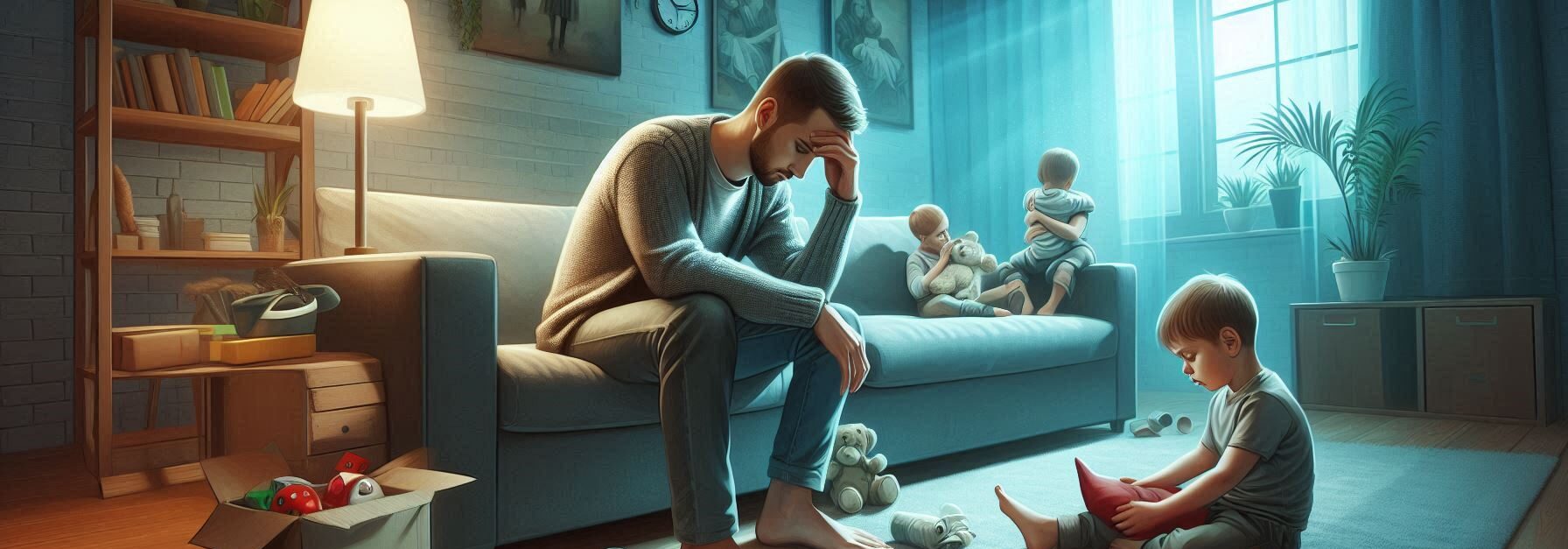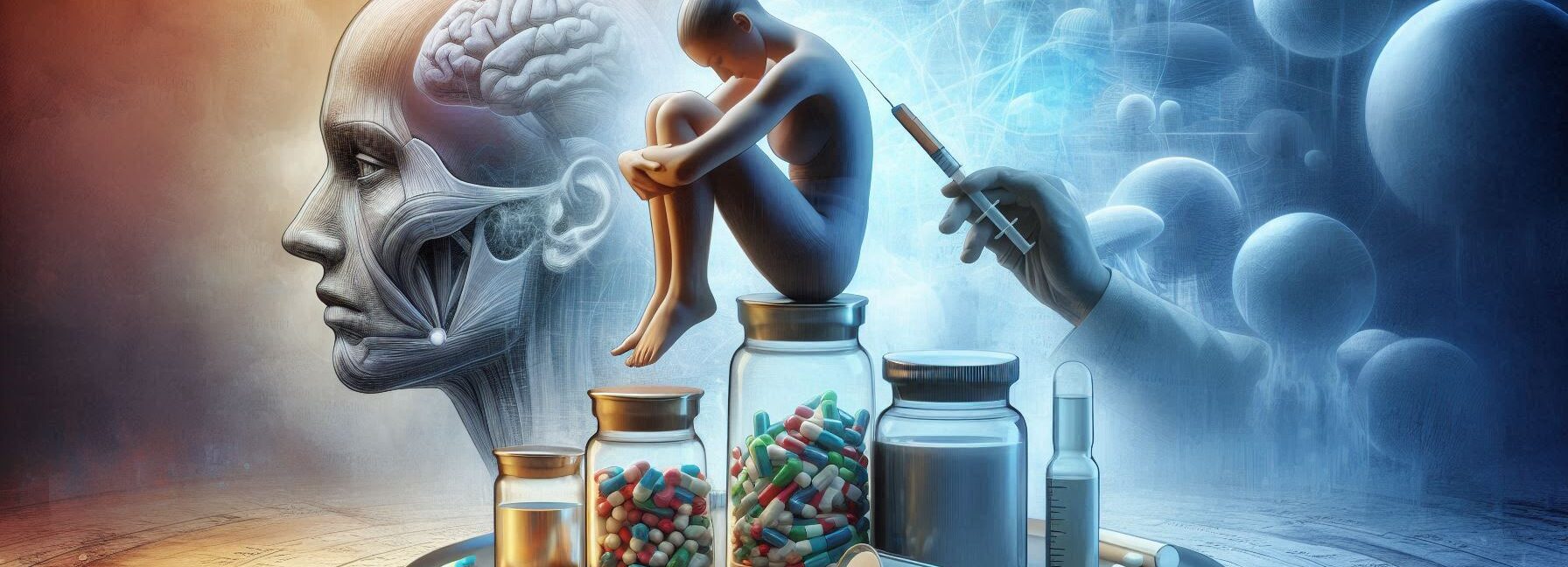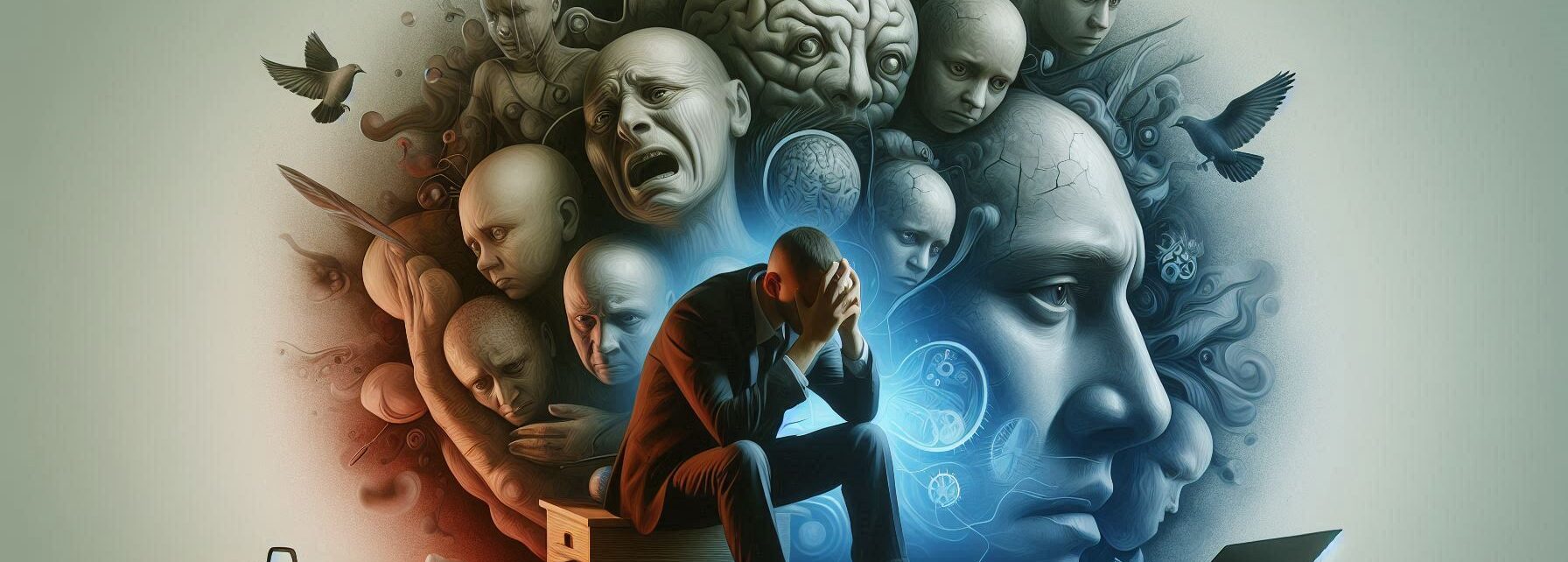Sleep is one of those magical things we all crave, yet somehow it often eludes us like a cat that refuses to come when called.
We’ve all had nights where tossing and turning feels more like an Olympic sport than a restful experience. But what if I told you that sleep and depression are linked in ways that can affect our daily lives? Let’s unravel this mystery together.
Top Takeaways and Key Concepts
- Prioritize sleep for mental health: Poor sleep worsens depression and disrupts emotional regulation.
- Recognize sleep deprivation signs: Mood swings, fatigue, irritability, and difficulty concentrating indicate insufficient rest.
- Protect REM sleep: Ensure consistent sleep cycles to process emotions and maintain stress resilience.
- Improve sleep hygiene: Establish a bedtime routine, limit screens, and maintain a cool, quiet environment.
- Seek professional help when needed: Therapists can provide tailored strategies to address both sleep and depression.
Summary of This Article
The article highlights the strong connection between sleep and depression, emphasizing that inadequate or poor-quality sleep exacerbates mood disorders. It explains how REM sleep is essential for emotional processing and coping with stress. Key strategies include recognizing signs of sleep deprivation, improving sleep hygiene through routines and environment, and limiting screen time. Additionally, the article stresses the importance of seeking professional support when sleep issues persist. By prioritizing rest and addressing sleep challenges, individuals can better manage depression and support overall mental well-being.
The Sleep-Depression Connection
Please Note: This post may contain affiliate links. If you click one of them, we may receive a commission at no extra cost to you. As an Amazon Associate, I earn from qualifying purchases.

Have you ever noticed how hard it is to feel happy after a sleepless night? It’s as if your brain has decided to hit the snooze button on joy.
Research shows that people with depression often struggle with sleep issues, whether it’s insomnia or oversleeping—both of which can feel like being stuck in quicksand.
When I was going through a rough patch, I could stay up late binge-watching shows while simultaneously feeling completely exhausted. It was a classic case of my body saying “sleep” while my mind screamed “stay awake!”
This disconnect can create a vicious cycle; poor sleep exacerbates feelings of sadness, making it even harder to catch those elusive Zs.
So why does this happen? Well, during deep sleep, our brains process emotions and memories. Without enough quality shut-eye, emotional regulation goes haywire! Honestly, who wouldn’t be grumpy after missing out on their nightly recharge?
Signs You’re Not Getting Enough Sleep
Let’s take a moment to explore the signs that might indicate you’re not getting enough rest. Picture this: you wake up feeling like you’ve been run over by a truck—your eyes heavy, your head foggy, and coffee suddenly becomes your new best friend. Sound familiar?
If you find yourself relying on caffeine just to function or experiencing mood swings that would make even the calmest person raise an eyebrow, these could be red flags pointing toward insufficient sleep.
Then again, perhaps you’ve noticed difficulty concentrating at work or school; that’s another sign!
Interestingly enough, some people may not realize they’re sleep-deprived until someone points it out—like when my coworker casually mentioned how I looked like a zombie auditioning for a horror film!
If others start noticing changes in your demeanor or energy levels, it might be time for some self-reflection.
The Role of REM Sleep
Now let’s dive into the fascinating world of REM (Rapid Eye Movement) sleep—the stage where dreams occur, and our brains do some serious housekeeping. During REM sleep, our minds process emotions and experiences from the day before. It’s crucial for mental health!
I remember one particularly vivid dream where I was flying over mountains—pure bliss! But without adequate REM cycles due to disrupted sleep patterns from stress or anxiety related to depression, those dreamy adventures become scarce.
What happens when we don’t get enough REM? Our ability to cope with stress diminishes significantly. So here’s something worth pondering: Could fewer dreams mean more despair? Absolutely!
When our brains miss out on essential processing time during REM stages, it can lead us down the slippery slope into deeper feelings of sadness.
Tips for Better Sleep Hygiene
Okay, so now that we understand how important good sleep is for mental well-being let’s talk about practical tips for improving your slumber game!
First off: create a bedtime routine that signals your body it’s time to wind down—a warm bath followed by reading works wonders!
By the way, consider limiting screen time before bed; those blue light-emitting devices trick our brains into thinking it’s still daytime!
Instead of scrolling through social media feeds filled with vacation photos (cue jealousy), try picking up an actual book instead—it could be just what you need for better rest.
Also important: keep your sleeping environment comfortable and dark. A cool room with minimal noise creates an inviting space conducive to relaxation—not unlike preparing for hibernation!
Seeking Help When Needed
Sometimes despite our best efforts at improving sleep hygiene—or maybe because life throws unexpected curveballs—we still struggle with both sleep and depression. And guess what? That’s okay! Recognizing when professional help is needed takes strength.
Speaking of which, talking about mental health openly helps destigmatize seeking support from therapists or counselors who specialize in these areas. They can provide tailored strategies aimed at breaking free from this exhausting cycle between poor sleep and depression.
If you’re unsure where to start looking for help or resources available nearby don’t hesitate—reach out today!
Suggested Resources:
Understanding Depression
https://www.nami.org/learn-more/mental-health-conditions/depression
Sleep Foundation
https://www.sleepfoundation.org
Mental Health America
https://www.mhanational.org
Frequently Asked Questions
How are sleep and depression connected?
Poor sleep can worsen depression by disrupting emotional processing, while depression itself often leads to insomnia or oversleeping, creating a difficult cycle.
What are common signs of sleep deprivation?
Fatigue, irritability, mood swings, trouble concentrating, and relying heavily on caffeine often indicate you’re not getting enough rest.
Why is REM sleep important for mental health?
REM sleep helps your brain process emotions and stress. When REM cycles are disrupted, emotional regulation becomes more difficult.
Can improving sleep hygiene reduce depression symptoms?
Yes. Consistent routines, limiting screens, and creating a calm sleep environment can support better rest and improve mood stability.
How does lack of sleep affect emotional regulation?
Insufficient sleep can make emotional responses more intense, increase stress sensitivity, and reduce your ability to cope with everyday challenges.
What lifestyle habits support healthier sleep?
Maintaining a regular sleep schedule, reducing screen exposure, keeping your room cool and quiet, and building a relaxing bedtime routine all help.
When should someone seek professional help for sleep issues?
If sleep problems persist despite lifestyle changes or begin affecting daily functioning and mood, professional support can provide effective solutions.

Kevin Collier is a passionate mental health advocate and writer for SadFAQ.com, where he explores the complexities of depression and mental well-being. With a deep understanding of mental health challenges, Kevin provides compassionate insights and practical advice to help individuals navigate their journeys toward healing. His articles aim to destigmatize mental health issues, offering support and resources for those seeking to improve their emotional resilience. Committed to raising awareness and fostering open conversations, Kevin’s work empowers readers to prioritize their mental health and seek the support they deserve.




